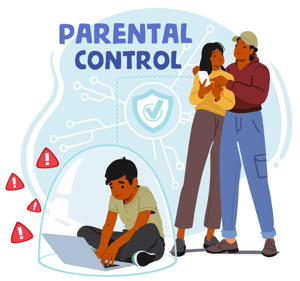Are video games bad for our kids?
Well, we are fully aware of some of the unfortunate stigmas attached to video games – they’re a waste of time; they teach kids violence; they’re addictive, they make kids unproductive and lazy.
But what does the research say?
In their groundbreaking 2019 study Digital Games as a Context for Children’s Cognitive Development: Research Recommendations and Policy, a research team led by Blumberg and Deater‐Deckard found that playing video games can actually be quite beneficial for children—especially in terms of skill development.
Here are 7 surprising benefits of video games for kids.
Table of Contents
Improves Hand-Eye Coordination
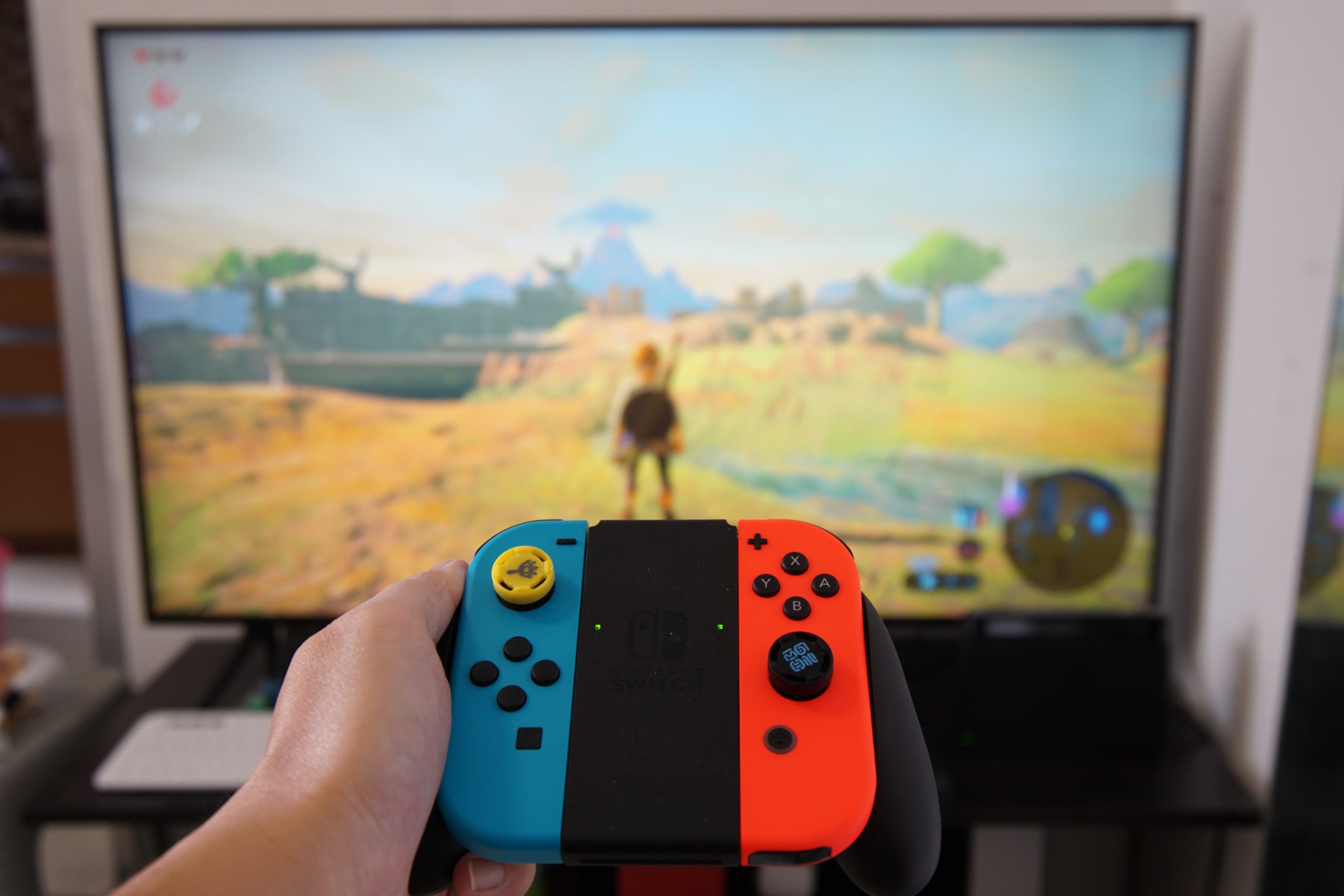
Hand-eye coordination (also called visuomotor control) is defined as the ability to process information received through the eyes and use it to control, guide, and direct the hands in order to accomplish a certain task.
Simple activities — like writing, playing an instrument (using sheet music), and cooking — utilize hand-eye coordination. Most experts advise encouraging children to develop their hand-eye coordination, as visuomotor control plays a huge part in a child’s learning and social development.
Playing video games is a great way to do just that! Many games require you to execute complex button combinations whenever prompted without taking your eyes off the screen to look at the controls.
In fact, an article published by Art Marman, Ph.D. in Psychology Today notes that video game play can greatly develop one’s hand-eye coordination.
Develops Visual-Spatial Skills
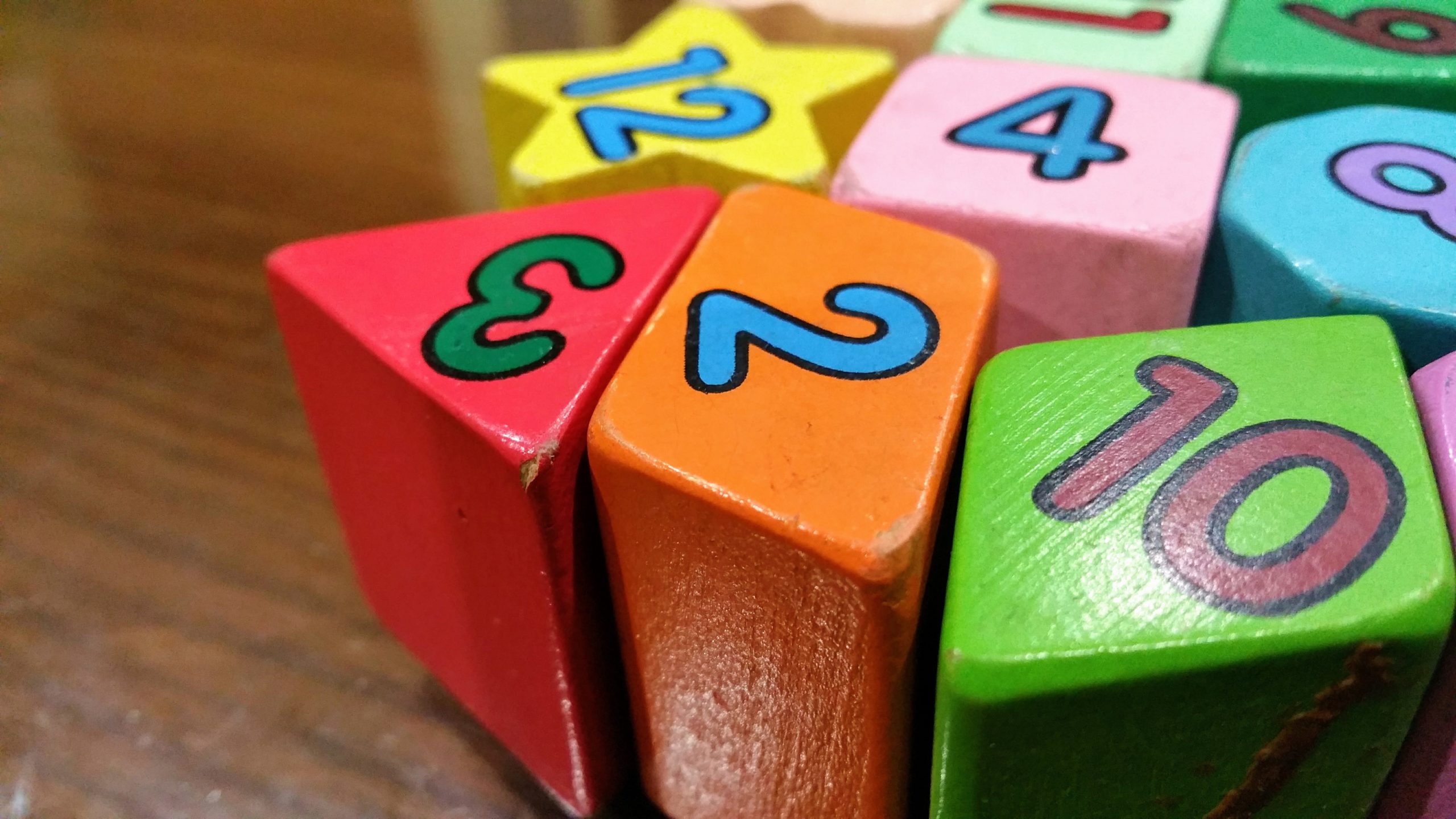
The visual-spatial skill is a bit like hand-eye coordination in the sense that it once again utilizes our vision. We use visual-spatial skills to find and understand patterns, perceive relationships between objects, and determine the distance between two or more visual points.
Some examples of everyday visual-spatial skills at play:
- Looking left and right to determine when to cross a street
- Picking up a pencil (or any fallen object)
- Reading a map
- Fixing and/or organizing a room
- Giving/receiving an object to/from someone
We’re certain you’re familiar with shape-sorting toys. You know; the kind that have holes and blocks in different shapes, and the goal is to fit the shape (star, circle, square, etc.) in the corresponding hole?
This toy is primarily meant to develop a child’s visual-spatial skills. And for older kids, games can do the same!
Many games right now — like Minecraft and Roblox — are set in virtual, 3D worlds. Kids must use their visual-spatial skills to navigate (and interact with) the world using a computer-generated avatar. They’re often given tasks to complete that involve gathering an item or fighting a computer-generated combatant. This can greatly improve their understanding of space and distance using purely visual cues.
Related Reading:

Encourages Social Connections
Some kids are naturally quiet and shy. This can make it difficult for them to fit in and make friends (especially when they’re younger).
Online video games can serve as a way for them to positively connect with people who share similar interests, especially if those games have an existing appropriate community. It can also encourage them to practice socializing and communication (albeit digitally).
What’s more, video games can serve as a way for your child to spend time with his/her friends in a virtual setting. With the current global health pandemic going on, it’s important that we avoid going out as much as possible. Online multiplayer games like Minecraft and Roblox make it so that your child can still have playdates without leaving the safety of your home.
Related Reading:
Lastly, an interest in video games may give your kid something to talk about with their peers. Plenty of children list video games as a hobby or favorite pastime. Who knows? They make a friend or two because of their favorite FPS or puzzle game!

Tunes Motor and Fine-Motor Skills
With how often video games require you to execute complex button combinations (especially fighting games) or repeatedly tap out a sequence, it’s no wonder your fingers get quite the workout! In the case of young kids whose motor and fine motor skills are still developing, this can be a good thing. Repetitive motions are the best way to enhance muscle memory, and continuous practice (aka gaming sessions) can get your hands used to moving quickly and nimbly.
As you can guess, there are very real applications for this kind of ability. Developing a child’s fine motor skills can help them master other skills like writing, typing, or playing an instrument. It can also make an impact further down the line.
Related Reading:
Take this one study that compared surgeons who were avid gamers versus surgeons who never played video games. Both groups were made to take the same surgery and suturing drills. The first group (surgeons who played video games) were 27% faster, made fewer errors, and scored 42% better than the second group.
(Something to keep in mind if your child has an interest in the medical field!)
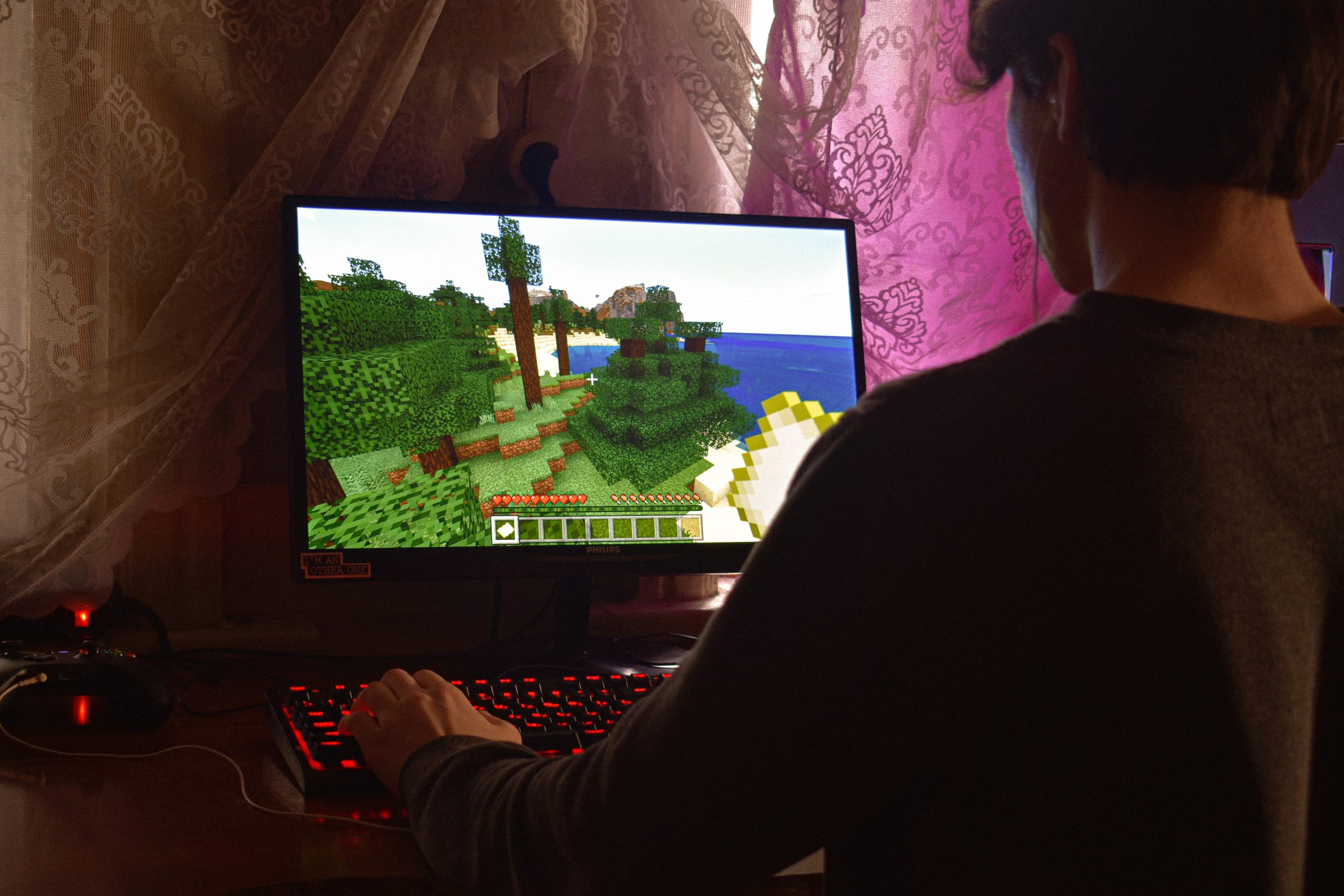
Improves Problem-Solving (and Lateral Thinking) Skills
Every video game is built around a challenge—yes, even the simpler ones! No matter what category the game falls under—action, adventure, RPG, FPS, puzzle, match 3, idle, etc.—it has an overarching problem that the player must solve. Take some of the more popular online games:
- RollerCoaster Tycoon: build and manage the best/most unique amusement park
- Minecraft: (depending on your mode) craft items and dwellings to survive
- PlayerUnknown’s BattleGrounds (PUBG): be the last man standing
- Stardew Valley: rebuild your farm and get it to a self-sustaining level
- Mobile Legends: build the strongest team to capture other bases as you defend your own
As you can see, all these goals can be broken down into problems. RollerCoaster Tycoon, for instance. Where do you get the resources to build your amusement park? What will get other players to enjoy your amusement park? Or Stardew Valley. How often should you plant crops? When should you sell crops or when should you keep them (to make your own food and crafts)?
Related Reading:
Research suggests that kids who play video games can strongly improve their planning, organization, and lateral thinking skills. Many games require a degree of analysis and strategy to win—especially the ones built for serious gamers. The more your child plays certain games, the more they train their brain to:
- Identify the problem
- Collect and analyze all related information
- Study all possible solutions (with relation to the desired outcome)
- Choose the “best” solution
- Optional: think “outside the box” for a more creative (and not immediately obvious) solution that yields a better outcome
Refines Reading and Comprehension Skills

On top of visual-spatial skills, fine-motor skills, and hand-eye coordination, playing video games may also help improve your child’s reading skills!
Studies suggest that kids may boost their reading and comprehension skills by playing certain games—especially story-based or quest-based ones. But even action games or simple puzzle games can encourage children to improve how they read and process information.
Researchers believe this is due to the text instructions and descriptions that are par for the course in every game. A lot of them utilize the “learn by doing” method, where players go through a tutorial to familiarize themselves with the different rules, systems, and executable operations.
However, those tutorials—through hands-on in nature—often come with a text-based component to supplement the tutorial.
Of course, nothing can (and should!) replace a good book. But video games can help supplement a child’s practice—especially if they’re not particularly fond of sitting still long enough to finish a whole book.
Curbs Unnecessary/Ill-Timed Cravings
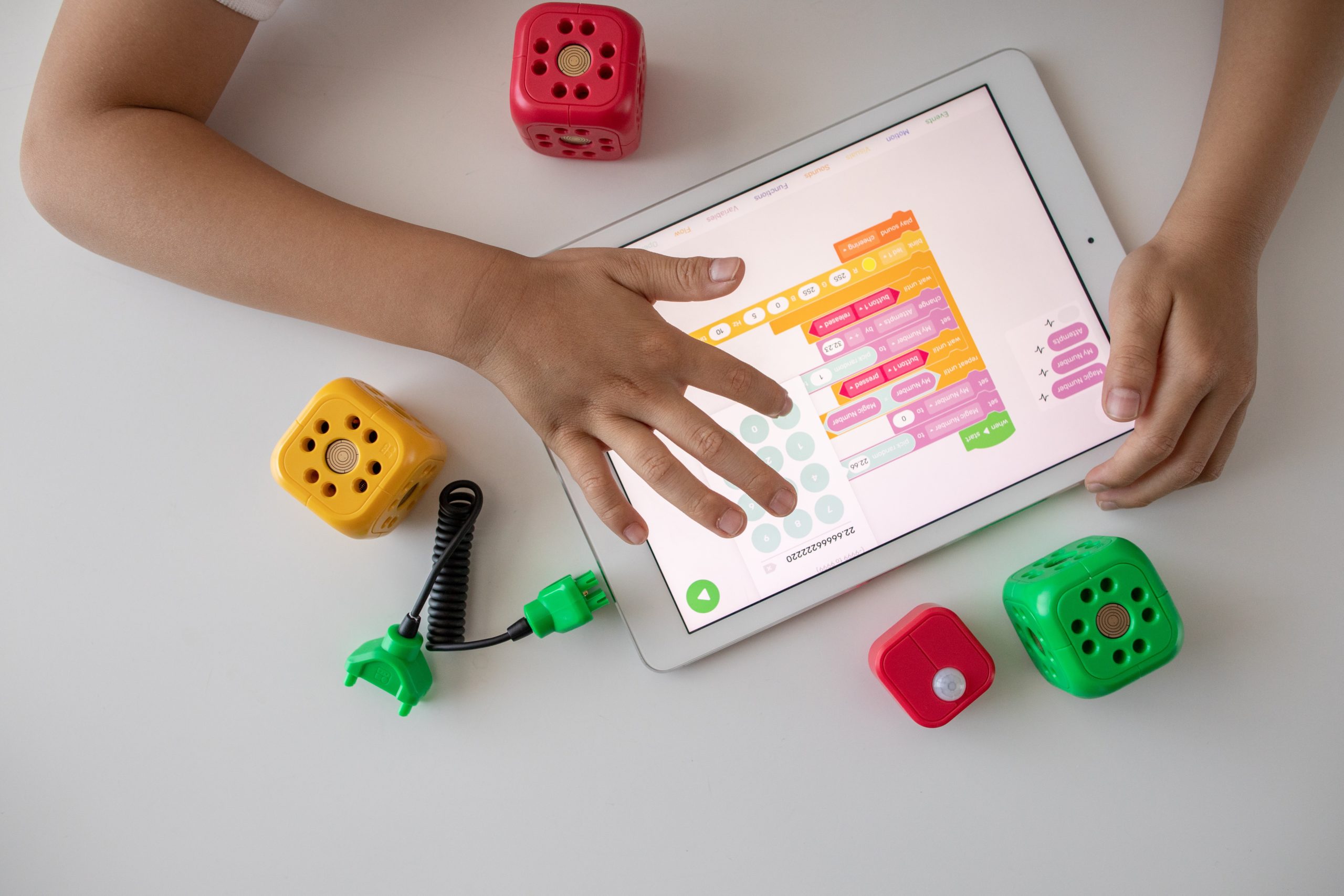
This benefit is quite different from the ones we’ve listed here so far, but it’s definitely worth knowing! A recent study revealed that children experienced a 24% reduction in their desire for a snack or sugary beverage after they played a video game that involved puzzles or problem-solving.
Although we do admit that sitting and playing video games for more than two or three hours a day isn’t healthy, it’s nice to know that there are some physical benefits to playing video games! As long as you manage the time your child spends on the computer or gaming console, inactivity and potentially overeating (on unhealthy foods) shouldn’t be a major concern.
Conclusion
So, there you have it. Seven surprising benefits of playing video games for kids.
Related Reading:
Reiterated here:
- Improves Hand-Eye Coordination
- Develops Visual-Spatial Skills
- Encourages Social Connection
- Tunes Mother and Fine-Motor Skills
- Improves Problem-Solving (and Lateral Thinking)
- Refines Reading and Comprehension Skills
- Curbs Unnecessary/Ill-Timed Cravings
Now, we’re not denying that video games can be detrimental to a child’s growth and development, too. We know these negative assumptions stem from past experiences. However, with constant vigilance and guidance, we believe that playing video games can give your child an incredible advantage during his/her formative years.
Do you want your child to play video games in a safe space while learning a valuable skill like coding? Give CodaKid a try today, with our free trial! Click here to learn more!








